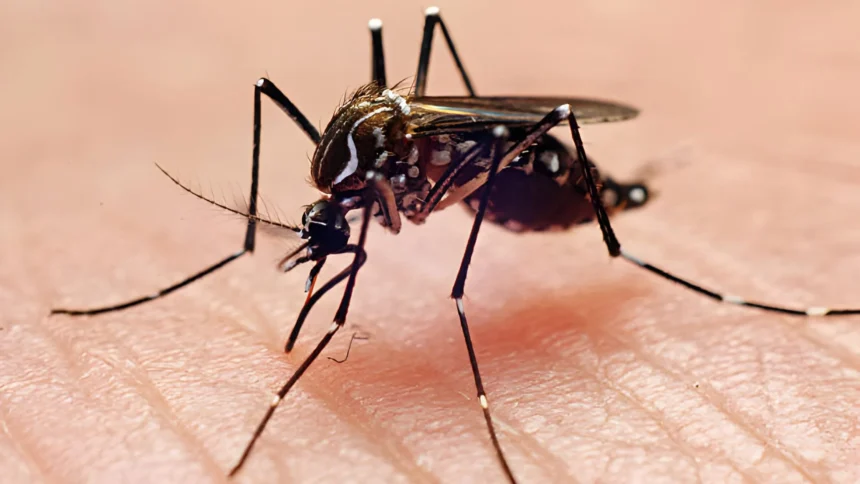Global health is increasingly threatened as the climate gets warmer, causing the dynamic of our natural ecosystem to shift dramatically. This results in various health issues, including the spread of diseases caused by mosquitoes. Climate changes affect mosquitoes’ life cycle and distribution, as well as the frequency and spread of disease transmission. This thorough research examines the intricate connection between climate changes and the increased spread of mosquito-borne illnesses, revealing the barriers and opportunities available to combat its impacts on worldwide health.
Understanding Mosquito-Borne Diseases in the Context of Climate Change
The Fundamental Link: Climate Change and Mosquito Behavior
Mosquitoes are among the main vectors for many serious diseases and are highly vulnerable to environmental changes. Temperature, rain and humidity are crucial to their breeding, lifespan and capacity to spread disease. As the global climate is still warm, areas previously considered unsuitable for mosquitoes are becoming feasible habitats, increasing the geographic reach of these pests and the pathogens they spread.
Emerging Hotspots: New Regions at Risk
In the past, mosquito-infected ailments were restricted to subtropical and tropical regions. But, because of the rising global temperatures, these ailments spread into cooler areas. This situation poses significant global health risks, not only to new human populations but also stresses public health infrastructures that are unprepared for such emerging threats.
Tracking the Spread of Mosquito-borne Diseases
Real-time Data and Its Impact on Disease Management
Using real-time information by sophisticated surveillance systems allows health authorities to track the spread of diseases more effectively and make swift interventions. This section focuses on ways analytics and information technology can be utilized to anticipate outbreaks and effectively halt the spread of illness.
Case Studies: Zika and West Nile Virus
In the spotlight, highlighting specific examples, such as the Zika virus outbreak in South America and the West Nile virus in the United States, provides insights into how temperature increases alter the transmission patterns of diseases. These case studies help highlight the wider effects of climate change on the general population’s health.
Adaptation and Mitigation Strategies
Community-Based Strategies to Combat the Spread
Participation of local communities in fighting illness is crucial. This requires knowledge about ways to stop mosquitoes, including removing standing water and personal measures to protect yourself, like insect repellents and mattress nets.
Policy and Global Health Initiatives
The significance of international cooperation and the need for policy-making to combat malaria-related diseases due to evolving climate conditions are paramount. This discussion also examines global health initiatives and funding aimed at combating and preventing illnesses.
The Future of Mosquito-Borne Diseases and Global Health
Predictive Modeling and Risk Assessment
Modern models that can predict climate change’s effects on mosquito populations can be beneficial in anticipating future outbreaks and preparing more effectively. This segment explores the most recent advances in predictive modelling and the implications for global health strategies.
Innovative Solutions: From Genetic Engineering to AI
Innovative solutions, such as genetically modified mosquitoes and AI to analyze data, are at the forefront of efforts to decrease the frequency of mosquito-borne diseases. These technologies are an excellent approach to changing how we control and prevent disease techniques.
Conclusion
As the Earth becomes warmer, the link between the changing climate and mosquito-related illnesses becomes more pronounced. By studying these changing patterns and adopting successful methods, we can lower the risk to health from these diseases. Research and development, global cooperation, and community involvement are crucial for adapting to these conditions, ensuring robust global health responses, and protecting populations worldwide


Leave a Reply